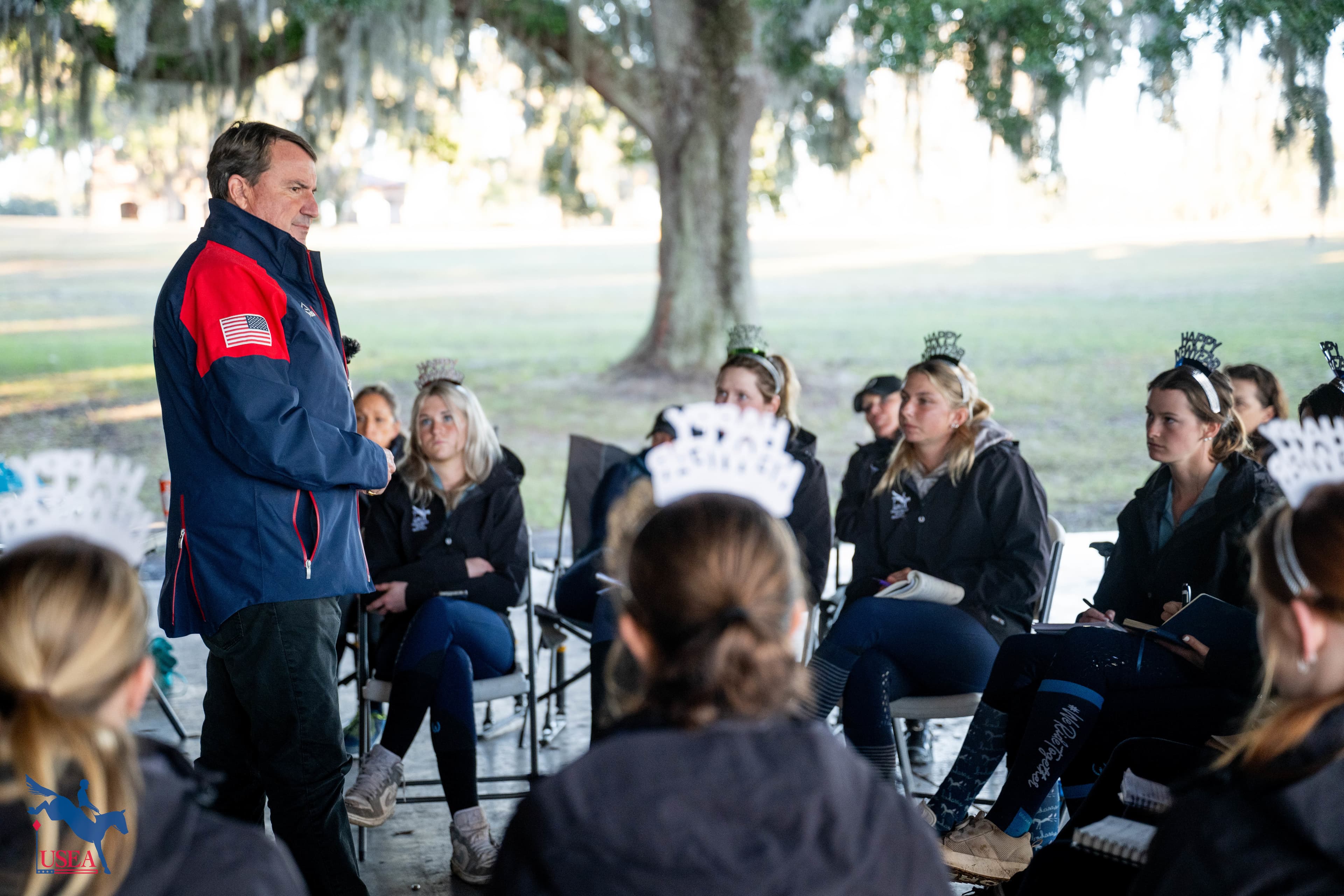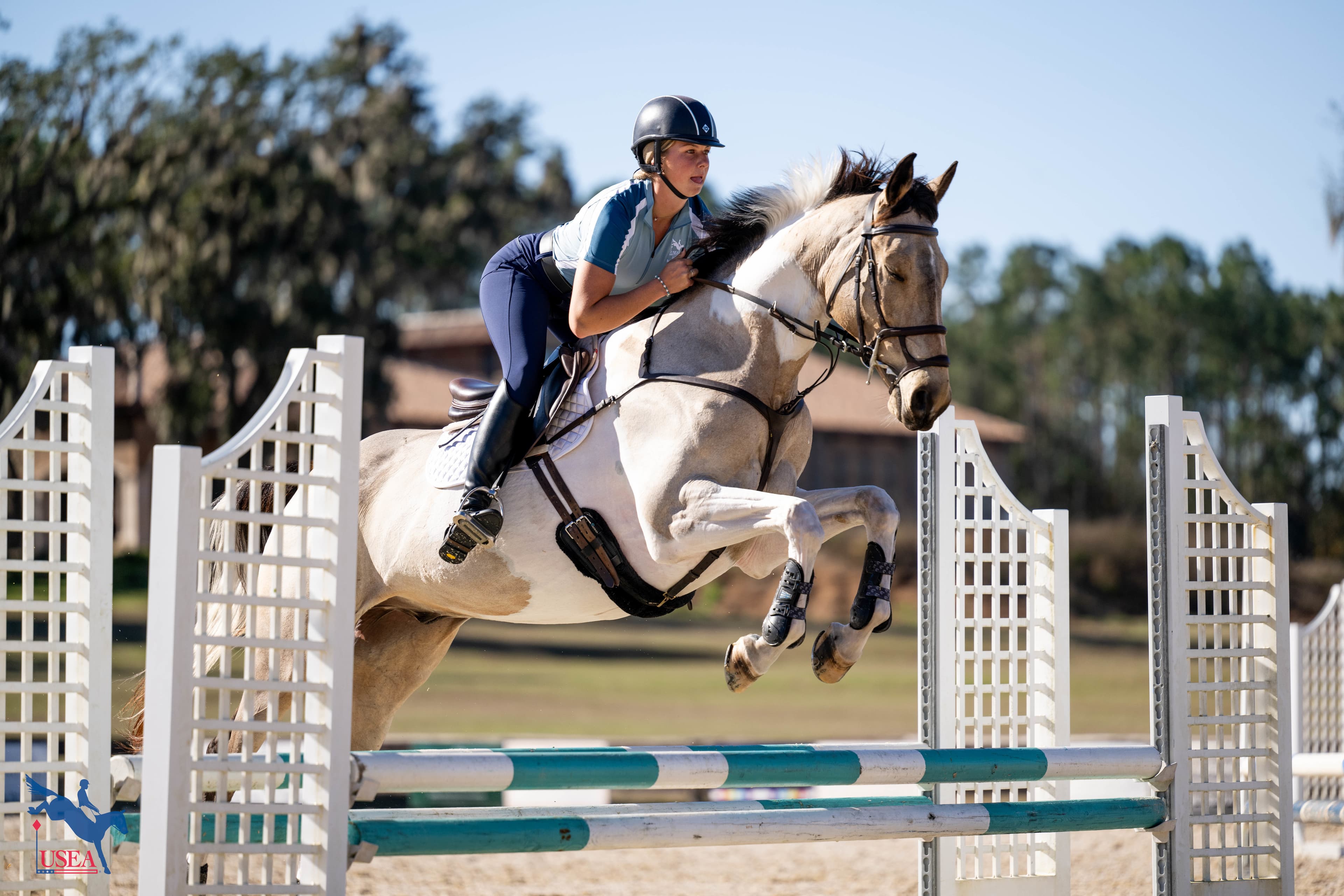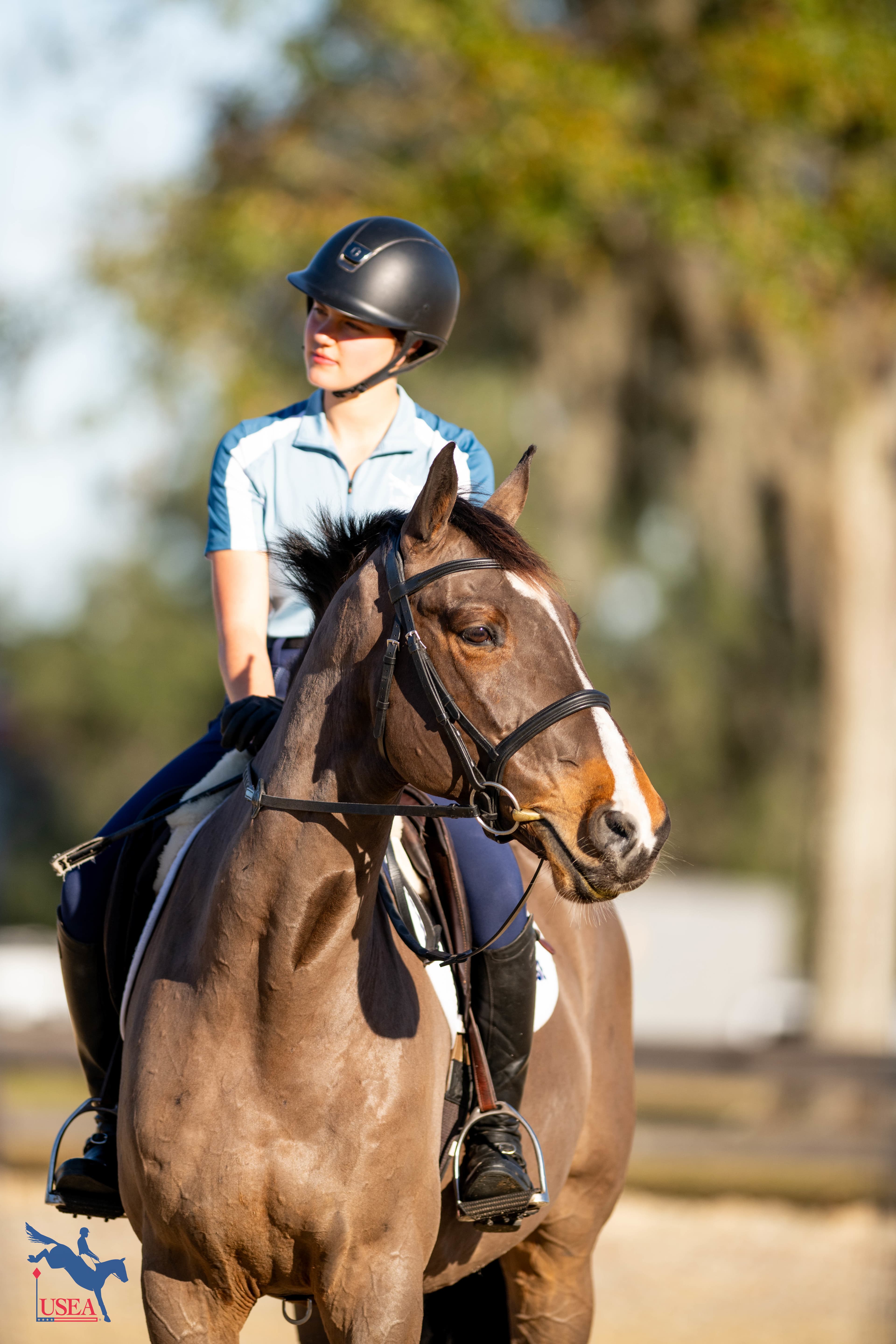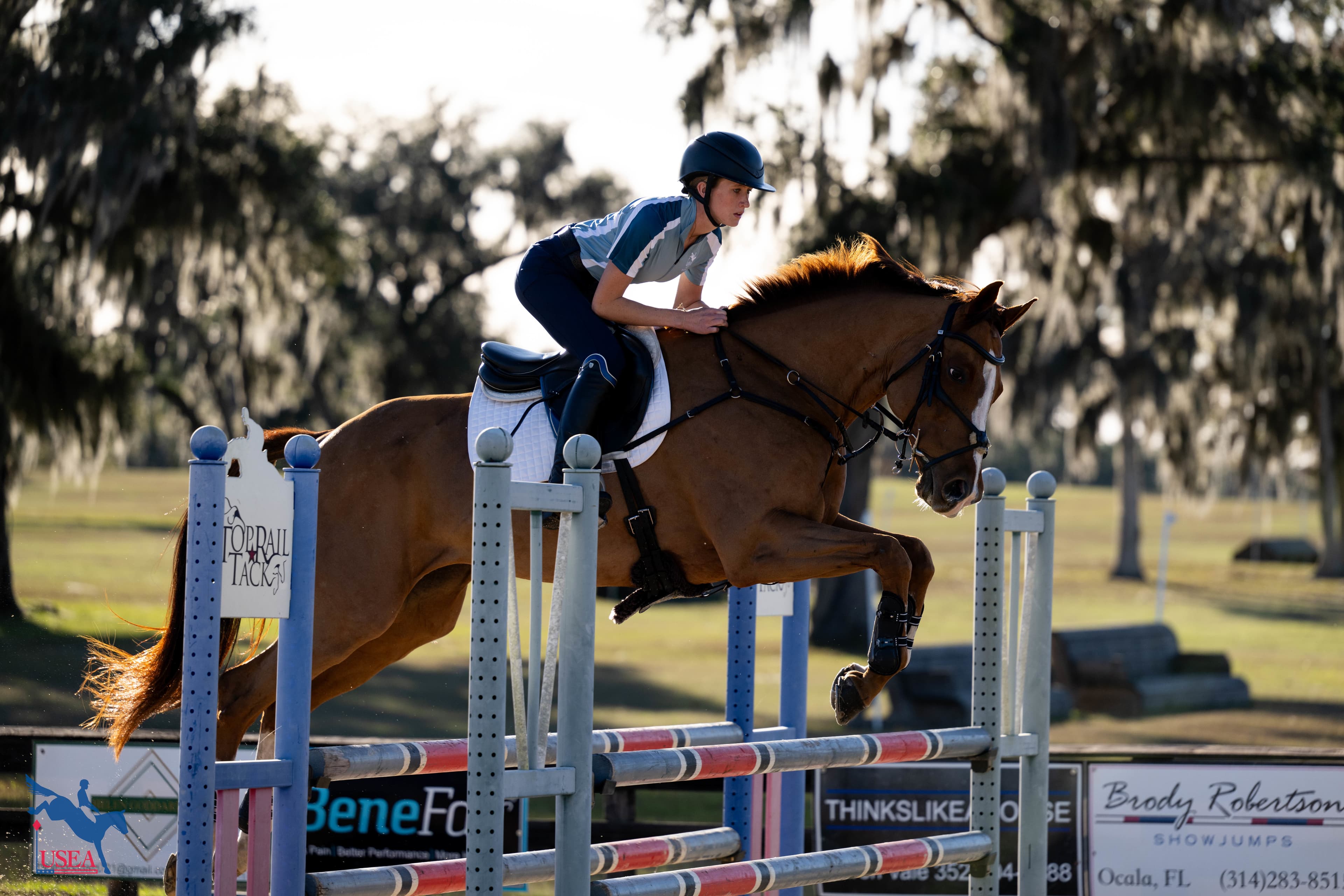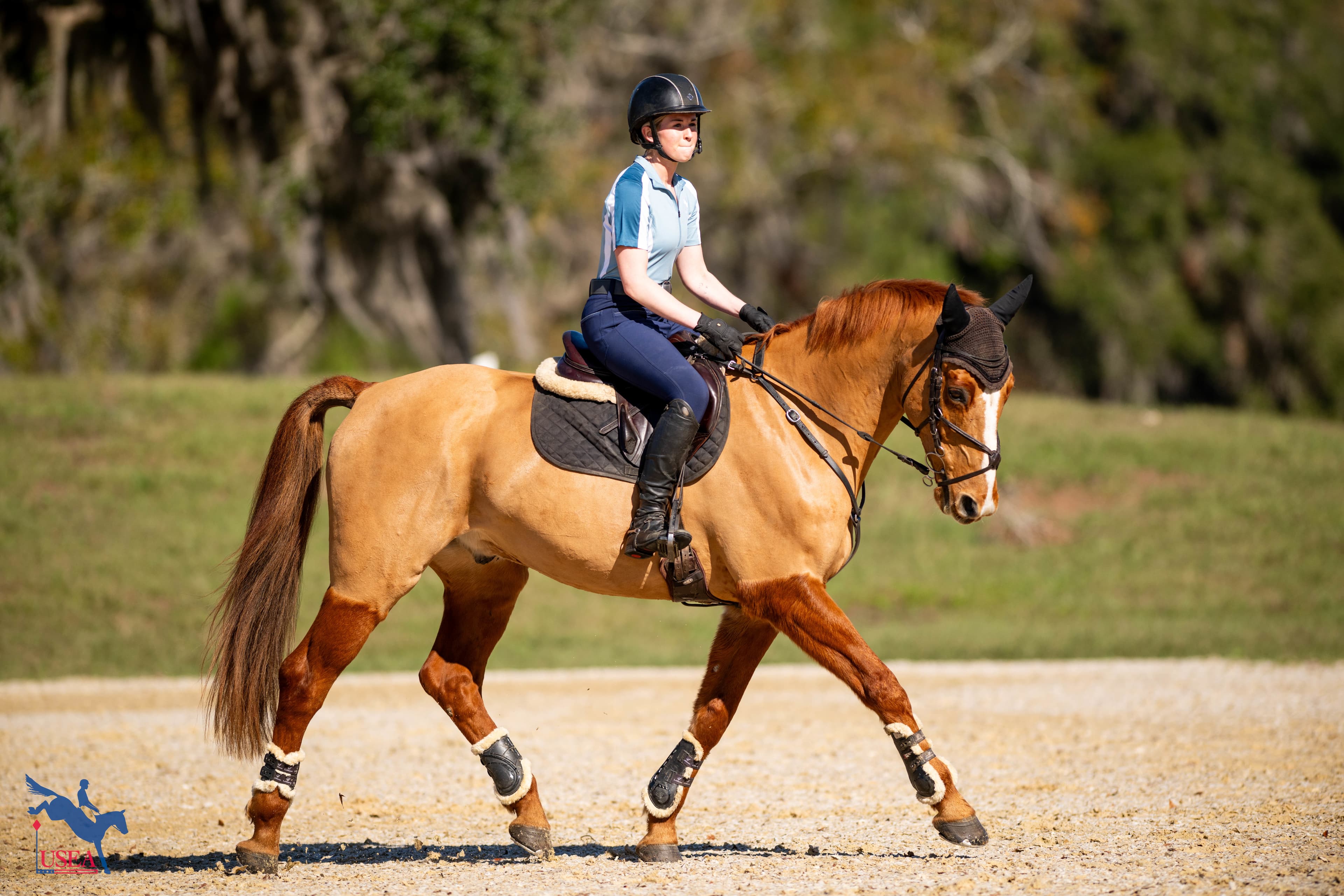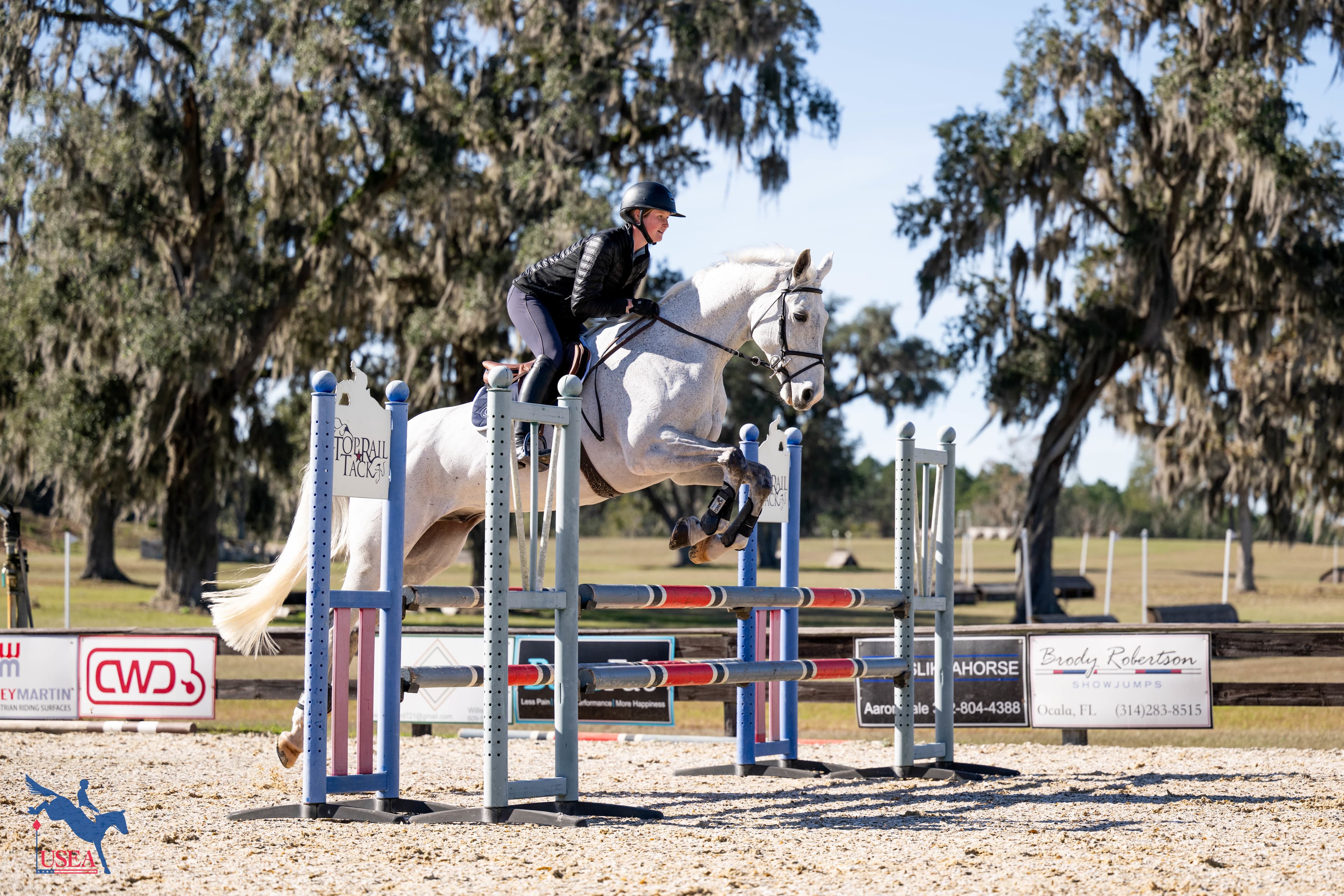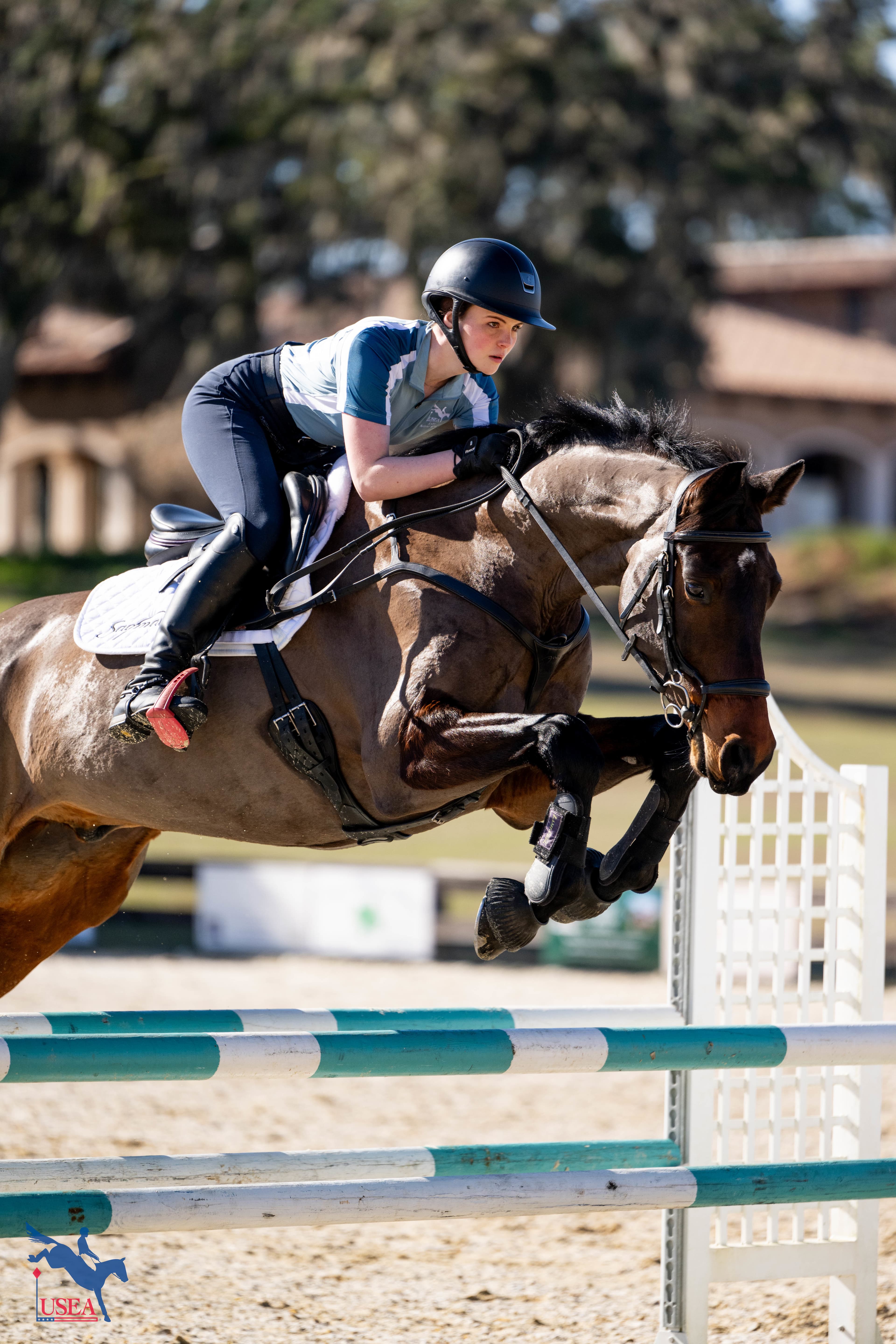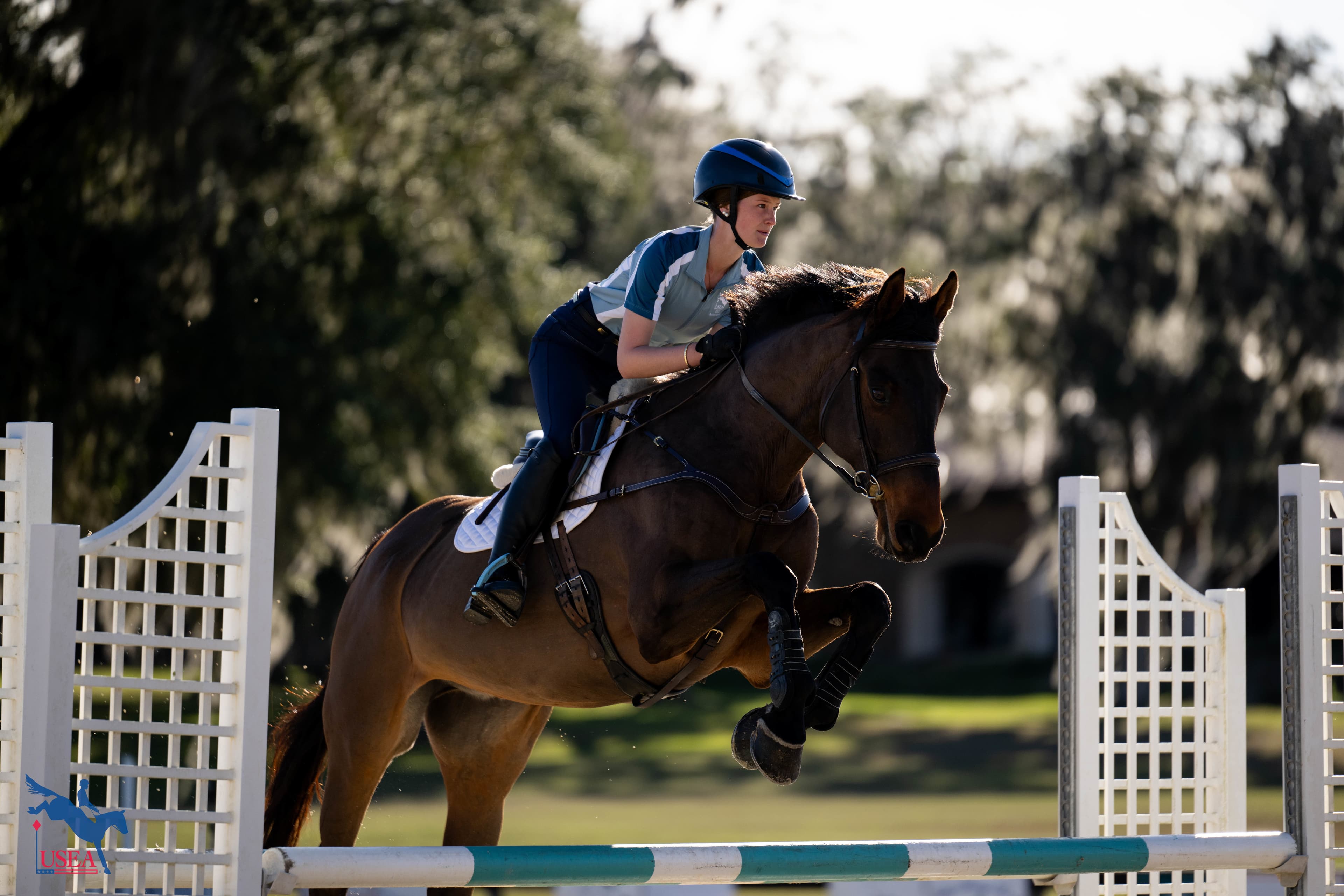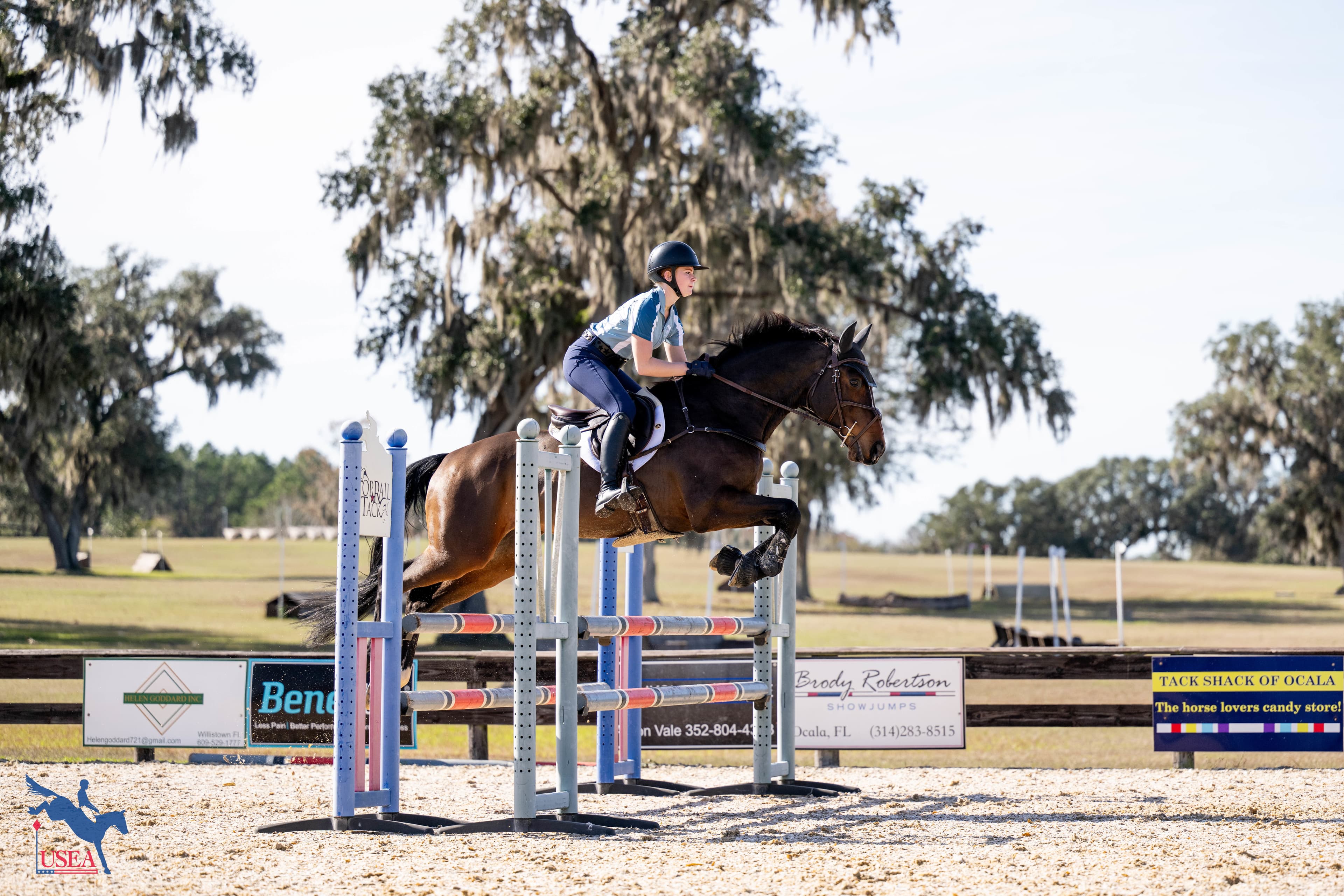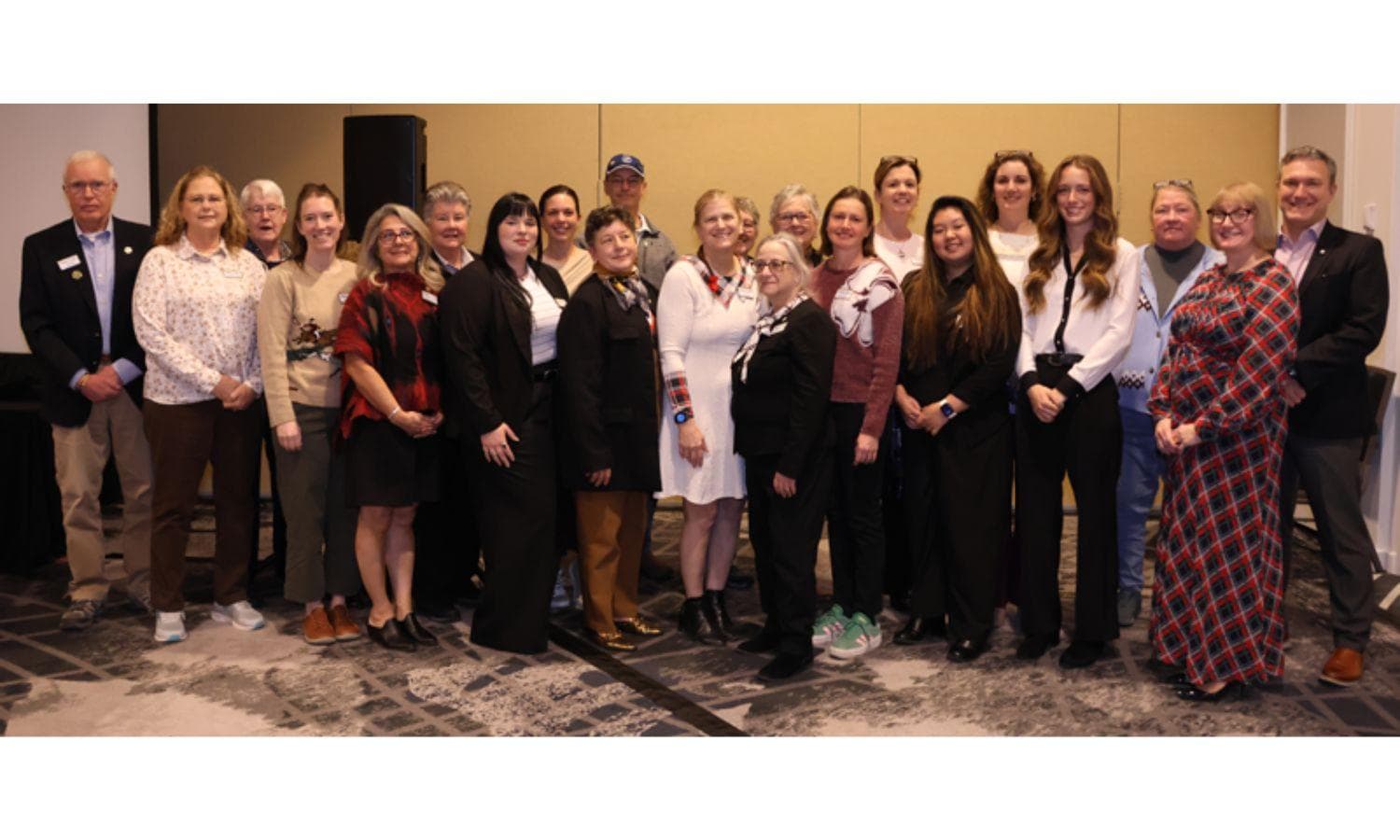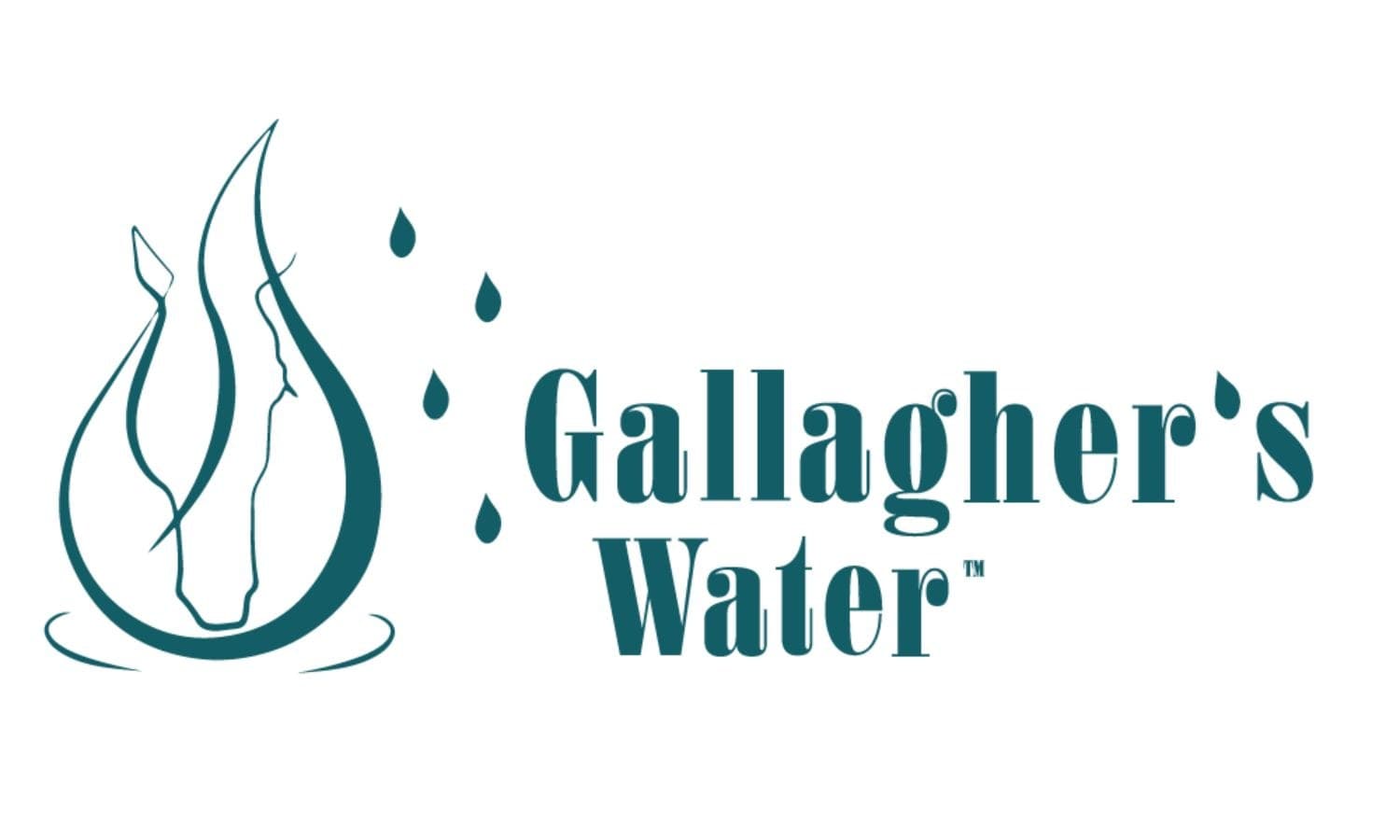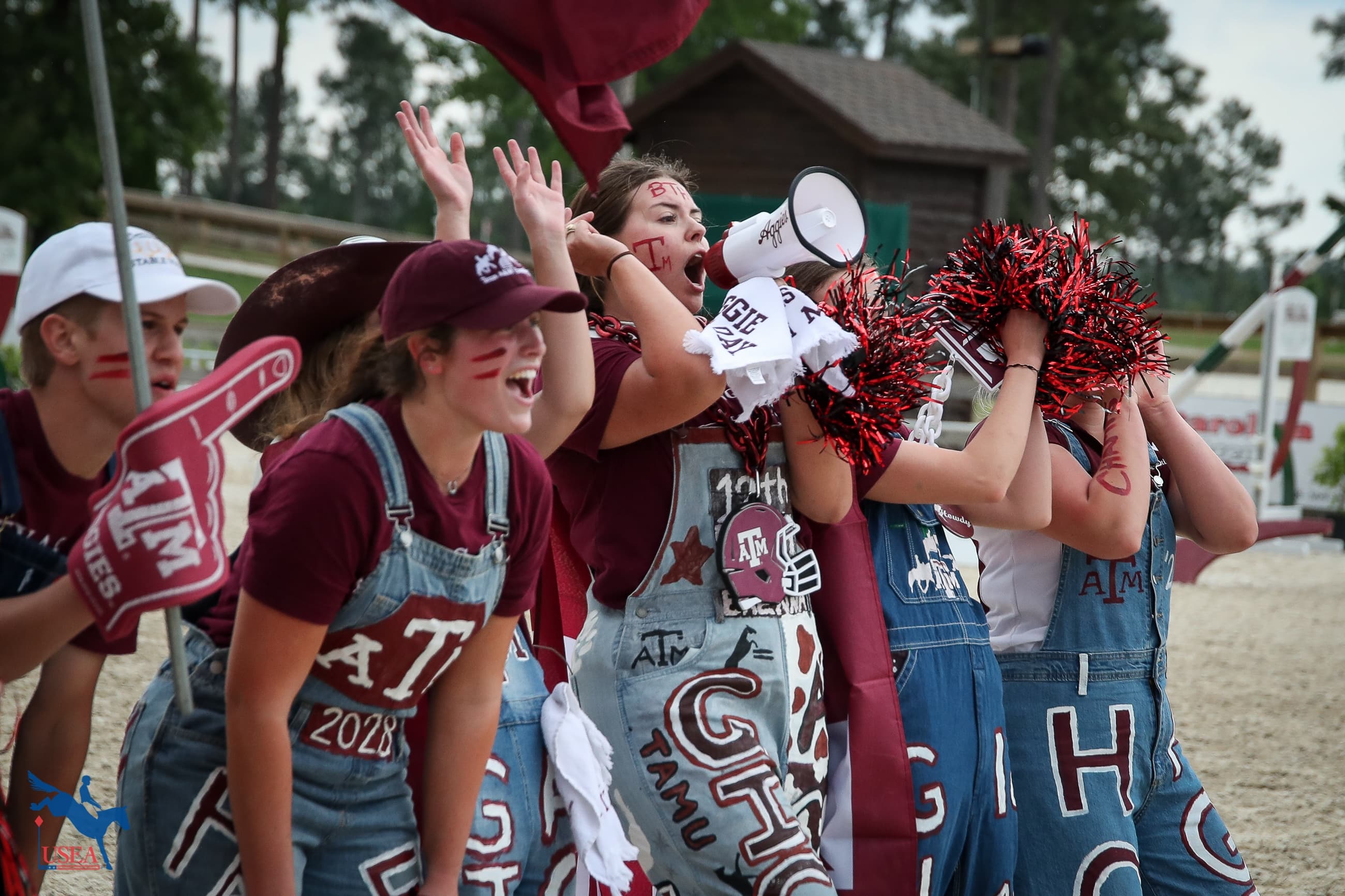Rideability and Responsibility on Day 2 of the 2024-2025 EA21 National Camp
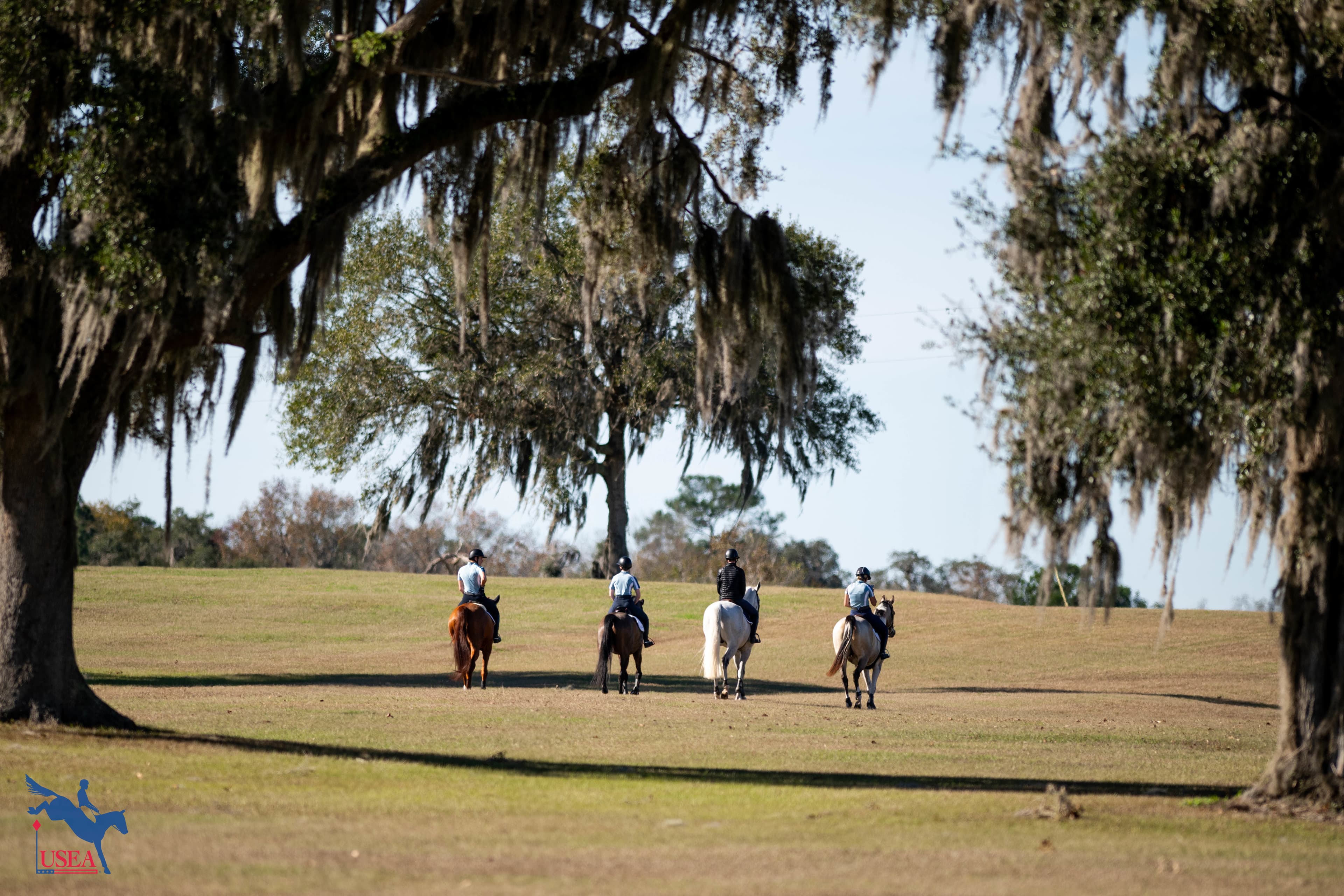
Ocala, Fla.—Jan. 1—Having established clear lines of communication yesterday on the flat, it was time to take those tools to the jumping arena during day two of the 2024-2025 Emerging Athlete Under 21 (EA21) National Camp held at Sweet Dixie South in Ocala, Florida. The curriculum for the second day focused on the rider’s responsibilities and maintaining rideability.
“When you get to plan L, it’s because plans A, B, and C have gone out the window. The ability to save the situation comes from rideability,” said David O’Connor, EA21 Director of Coaching. “Rider responsibilities are direction, speed, rhythm and balance, and timing.”
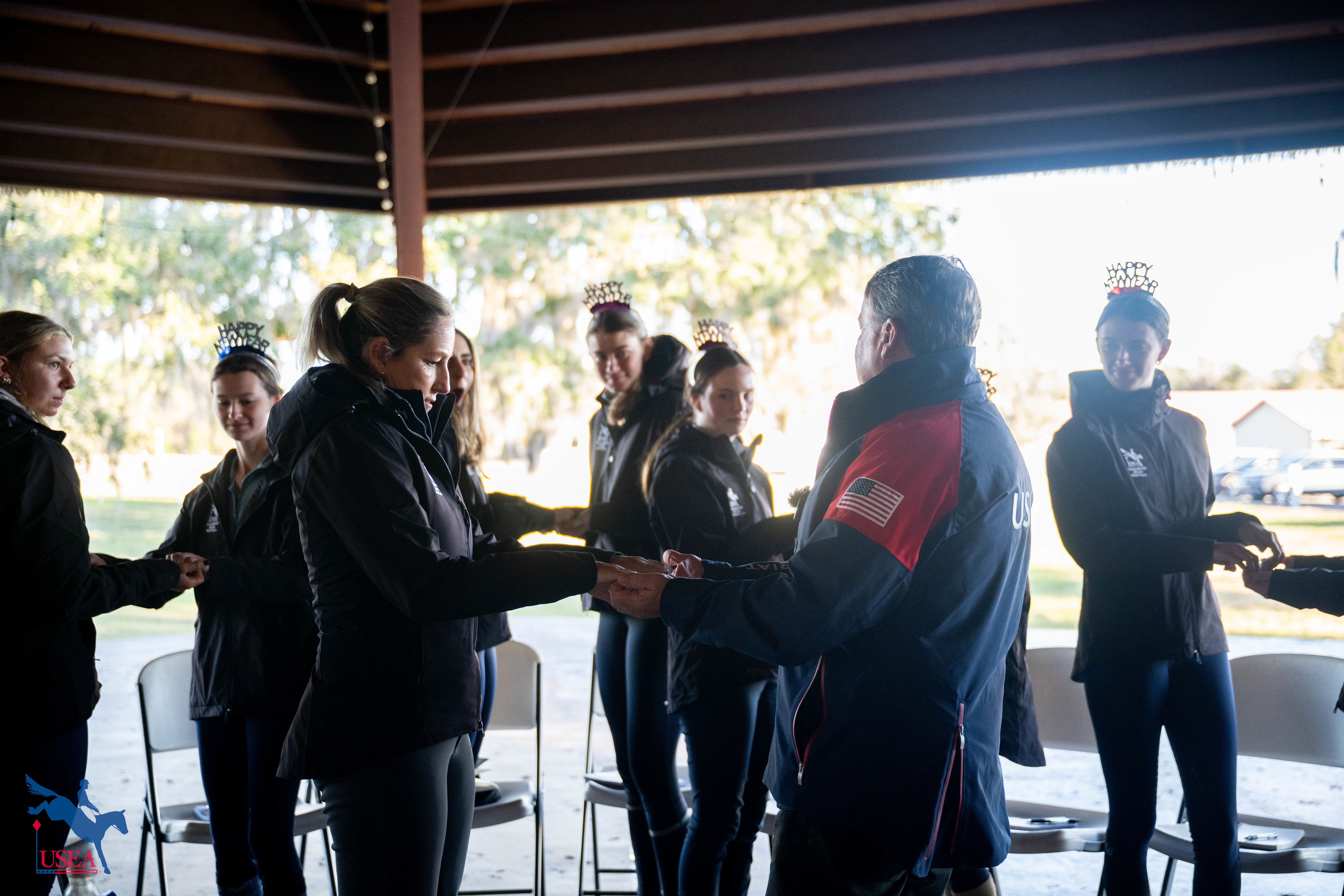
Beginning with the classroom session, he discussed the three different rider positions in jumping: full seat, half seat, and two-point. Jumping positions fall on a spectrum where the rider is neither deep in the saddle nor fully off the horse’s back. They fall between disciplines like dressage, which uses a deeper seat and thus a straighter hip angle, and racing, which uses a very acute angle in the hip and knee off the saddle. Each jumping position should be practiced until a rider can move through them instinctually and know the most effective moments to utilize them.
Just as the day before, O’Connor encouraged riders to constantly think about the concept of “what’s next.” On the flat, he used drill riding to encourage engagement and to keep frequent communication active between horse and rider. For this first day working over fences, he began with a pole exercise.
The wear and tear produced by pole work on a horse is minimal and means that advanced concepts can be worked on without having to put jumps on a horse’s legs, helping with athletic longevity and avoiding injury.
“Take the time to make sure they understand and look at it from their perspective,” O’Connor explained. “That’s the self-education that’s never-ending. Put that pressure on yourself.”
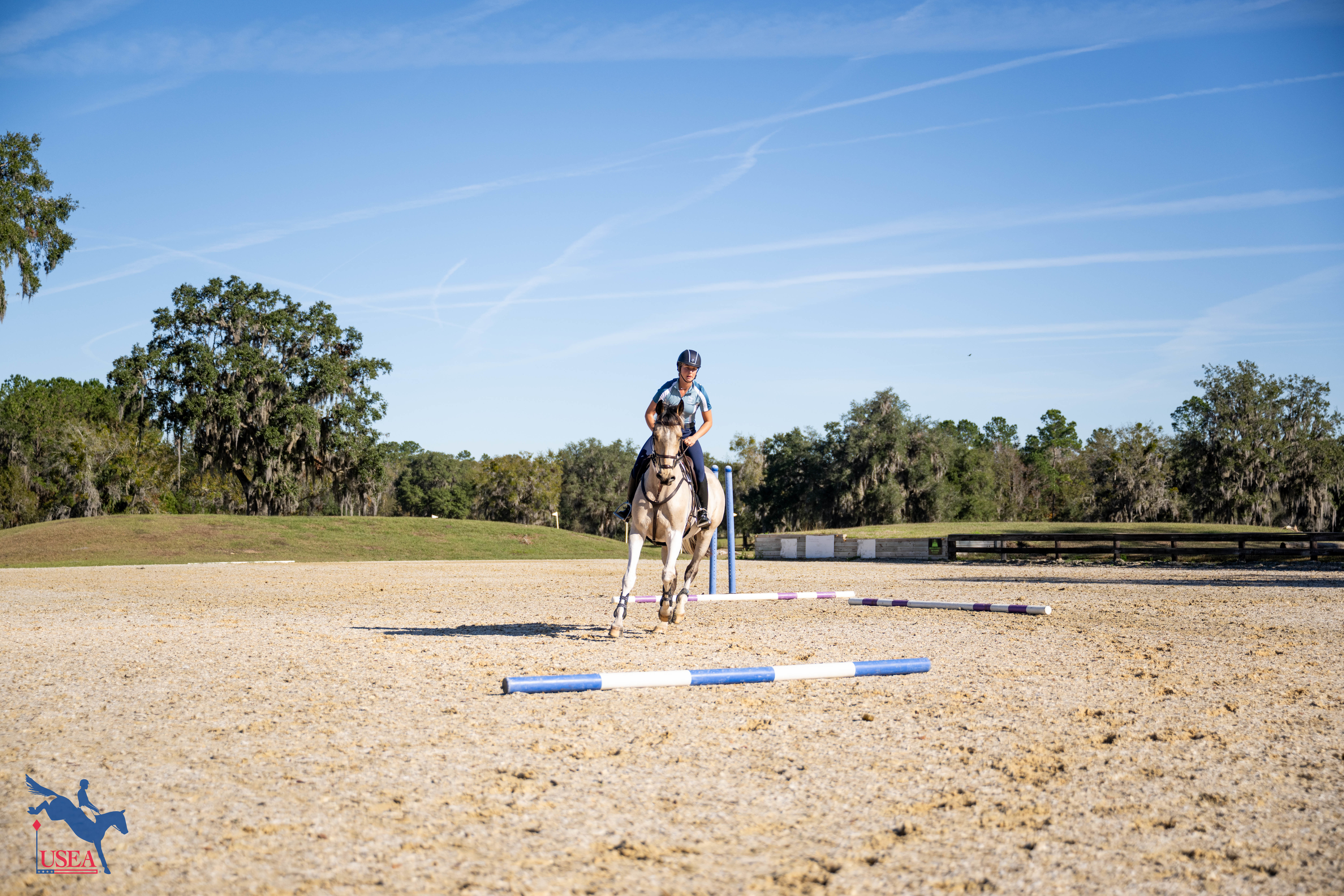
So he began with a familiar exercise for EA21 National Camp veterans: the Circle of Death.
Four poles spaced equidistant on a circle where middle to middle measures four strides. A split-second distraction leaves a rider scrambling to recover and no time to do it in.
“Knowing where you are on those steps helps you know what you need to work on,” O'Connor said. Using the words of the German training scale which riders learned during the Regional Clinics and reviewed in the classroom session on the first day, he encouraged riders to describe in the simplest words what needed addressing.
For many, straightness was the key. Too much inside leg caused haunches to fall to the outside and despite being on a circle, bend was not the answer necessary for a successful completion of the circle. Using the outside leg to push a horse around the exercise created a steadier rhythm and better balance.
After riders completed the circle of poles, they were asked to do a short course of six fences with related distances of 6 strides or less, matching a theme in modern course design of combinations set on a longer line. A gem of instruction came from that portion of the lessons which was: “Identify the problem and make the solution repeatable.”
Once again, O’Connor encouraged riders to go to the simplest terms, often going as far as to ask whether the answer was faster or slower. By separating the what from the how, O’Connor put the responsibility on the riders make decisions on their communication with their equine partners.
“It's a really rewarding process.” Audrey Littlefield described of the first two days. “I walked away just being super, super stoked for the season and [National Camp and O’Connor’s instruction] is putting the pieces together.”
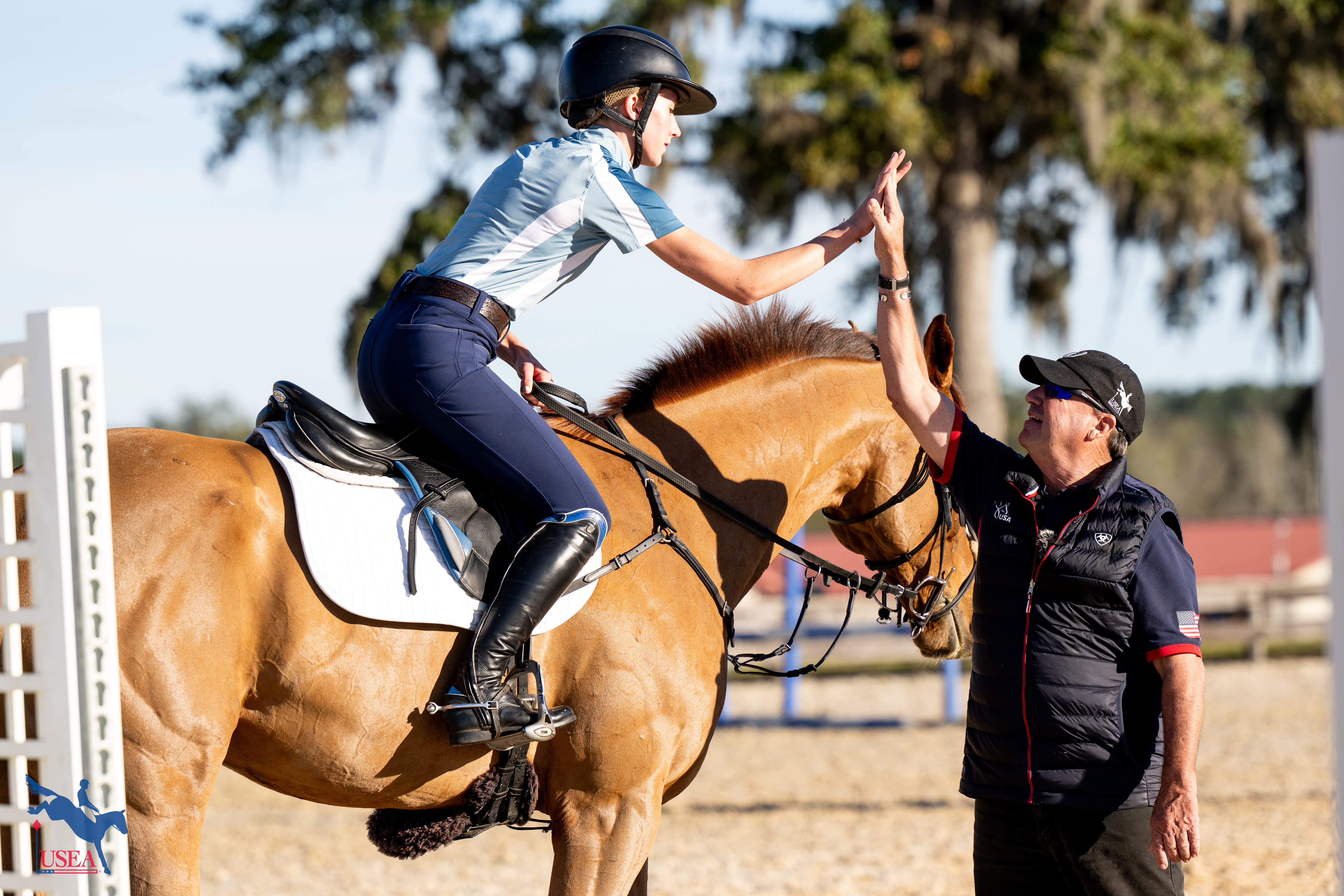
Littlefield had a breakthrough moment during her ride. Her mount, a careful jumper, was taking cues from her seat and changed his rhythm often, usually by increasing his speed. As she worked to find the simplest concepts on the training scale to solve the issues, she managed to change her position to create a steadier rhythm and straighter line leading to better balance and a softer ride. She earned the biggest smile and only high five of the day from O’Connor. By arriving at the solution with minimal guidance from O’Connor, she was able to make the solution repeatable and create a new training tool for her toolkit.
Caterina Ritson, riding a catch ride generously provided by Sara Kozumplik, agreed that so far the process has been helpful. “It’s been really good being able to take the information from the lectures and the lessons, and apply that to a different horse,” she remarked. “My coaches say something similar but it’s been helpful to hear it in a different way.”
In addition to their riding time, current Chair of the USEA Grooms Committee and former USEA President, Max Corcoran gave another lecture today about stable management. This time, she focused on the different tools available to help stay organized on individual horse care like journals, necessary items to keep in an at-home vet box, how to stay up to date on rule changes and doping rules, and how to think about a feeding program. Participants eagerly asked questions every step of the presentation.
Her biggest words of advice? “A good program is consistent and systematic surrounded by a good team of people for large and small successes. Know your gaps and never stop learning.”
Learning continues tomorrow at 8 a.m. EST with a classroom session and a change in the schedule moves cross-country riding up.
Helpful Links:
Don't forget to follow the USEA event coverage on social media!
Facebook | Instagram | Threads | TikTok
About the USEA Emerging Athlete U21 Program (EA21)
The purpose of the USEA Emerging Athletes U21 Program (EA21) is to identify and provide consistent quality instruction to the next generation of elite event riders. The aim is to create a pipeline for potential team riders by identifying and developing young talent, improving horsemanship and riding skills, and training and improving skills and consistency.
The USEA Emerging Athletes U21 Program was launched in 2022 with a model of five summertime regional clinics taught by selected USEA Eventing Coaches Program (ECP) coaches, leading to a winter national camp consisting of selected Young Riders from the regional clinics. Athletes who are 21 years or younger, are current members of their USEA Young Rider Area program, and are established at the Training Level or higher, are eligible to apply for the EA21 program. Click here to learn more about the USEA EA21 Program.
The USEA would like to thank ARMA, Bates Saddles, Kerrits, PulseVet, Ride iQ, Schneiders Saddlery, Sidelines Magazine, YETI and WeRideTogether for sponsoring the USEA Emerging Athletes U21 Program.
